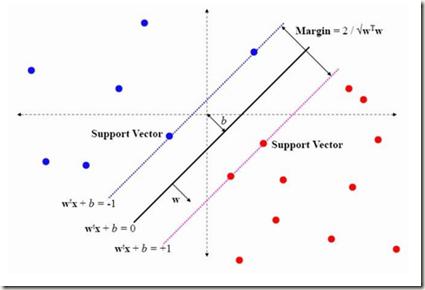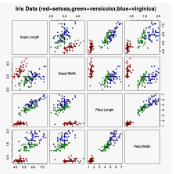A kernel-based quantum classifier is the most interesting and powerful quantum machine learning technique for hyperlinear classification of complex data, which can be easily realized in shallow-depth quantum circuits such as a SWAP test classifier. Surprisingly, a support vector machine can be realized inherently and explicitly on these circuits by introduction of a variational scheme to map the quadratic optimization problem of the SVM theory to a quantum-classical variational optimization problem. This scheme is realized with parameterized quantum circuits (PQC) to create a nonuniform weight vector to index qubits that can evaluate training loss and classification score in a linear time. We train the classical parameters of this Variational Quantum Approximate Support Vector Machine (VQASVM), which can be transferred to many copies of other VQASVM decision inference circuits for classification of new query data. Our VQASVM algorithm is experimented with toy example data sets on cloud-based quantum machines for feasibility evaluation, and numerically investigated to evaluate its performance on a standard iris flower data set. The accuracy of iris data classification reached 98.8%.
翻译:以内核为基础的量子分类器是用于对复杂数据进行超线性分类的最有趣和最强大的量子机器学习技术,在浅深度量子电路(如SWAP测试分解器)中可以很容易地实现。令人惊讶的是,支持矢量机可以通过引入一个变异方案,将SVM理论的二次优化问题映射成量子级变异优化问题,从而在这些电路上实现。这个方案是通过参数化量子电路(PQC)实现的,以创建一种非单质量子矢量器,用于指数qubit,从而能够在线性时间内评估培训损失和分类得分。我们培训了该蒸汽量子准支持矢量机(VQASVM)的古典参数,这些参数可以传输到其他VQASVM决定的推断性电路,用于对新查询数据进行分类。我们的VQASVM算法正在实验基于云基量子的量子机器的微量子数据集,并进行定量调查,以评价其在标准的iris花花花型数据上的业绩。




